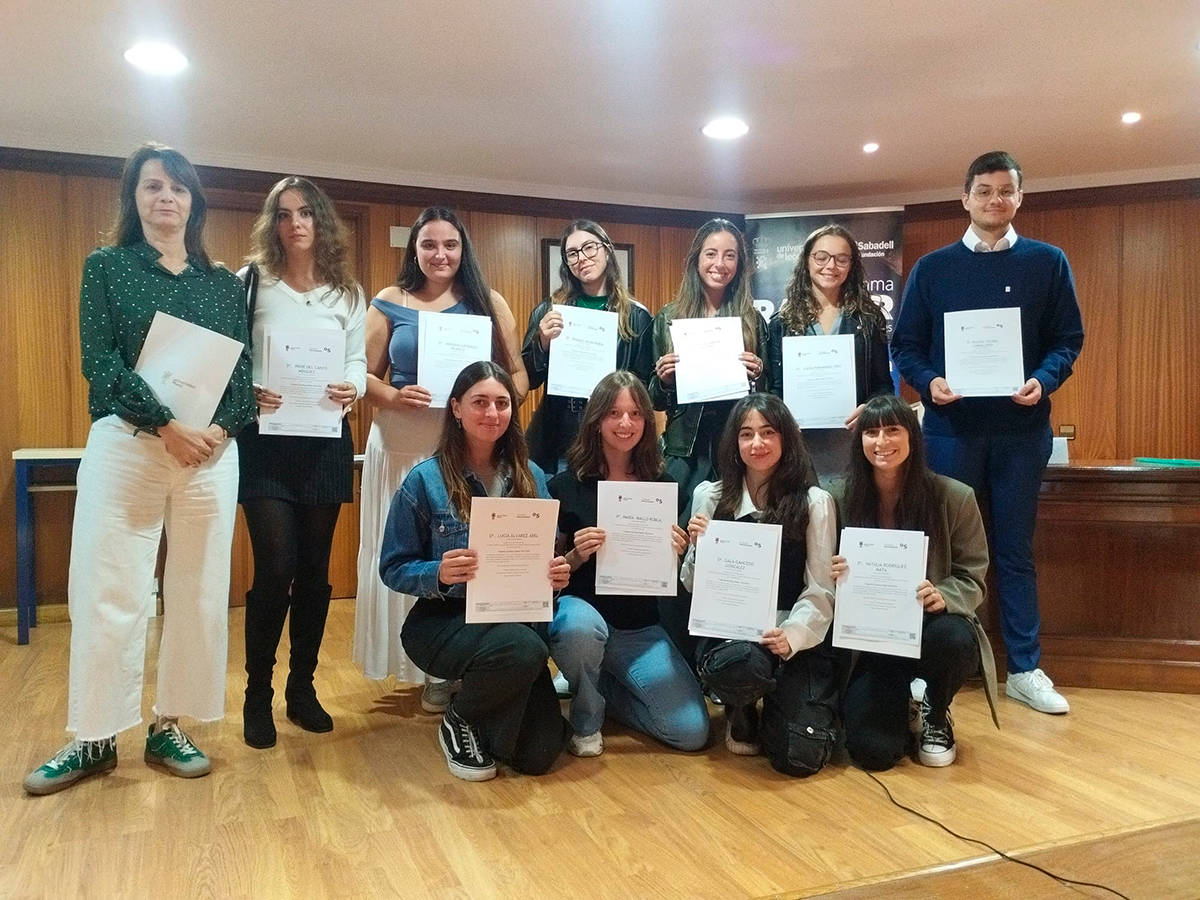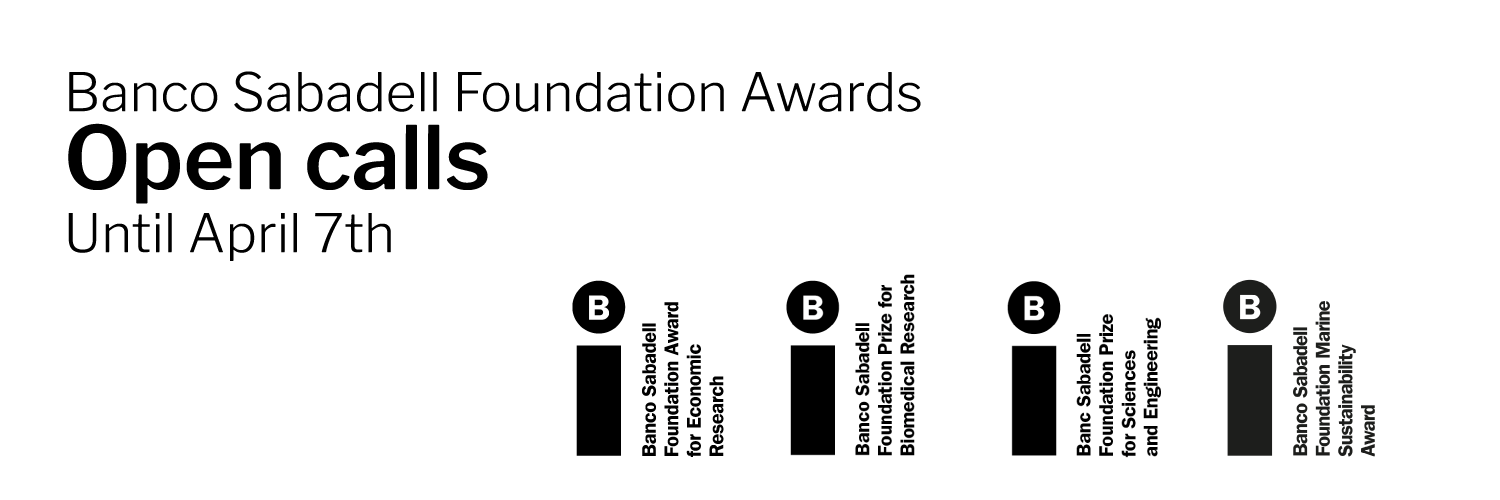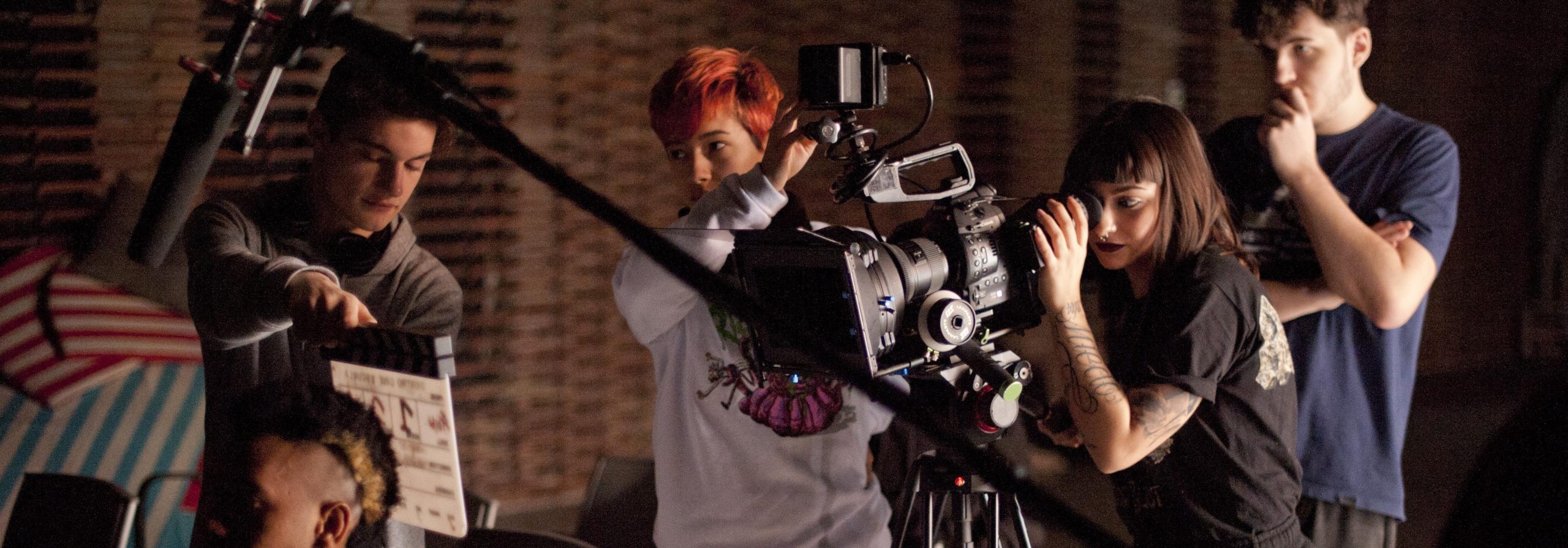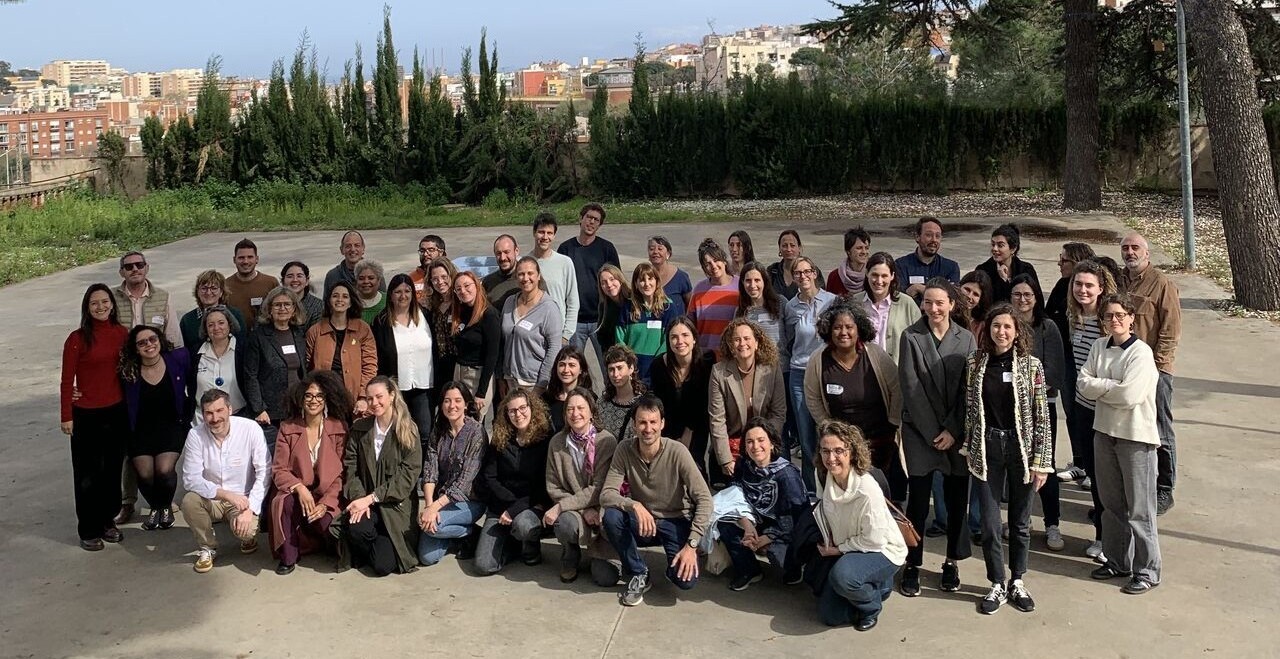
Last September we celebrated the end of the fourth edition of the Ralbar Scholarships, an initiative of the University of Leon (ULE) with our support focused on helping students of the University of Leon to execute projects to reinvigorate the region that contribute to activating rural areas socially, economically or culturally.
This programme helps students lead projects that generate transformative and beneficial initiatives for communities. Beyond the economic support, the programme offers both academic and institutional tutelage, accompanying students in the implementation of these projects during their summer extracurricular activities.
The Ralbar Scholarships have carried out 42 projects, 12 in its last edition. One instance is the recovery of the Barrillos de Curueño springs, led by Ana Isabel Robles, a student of the Master’s degree in Teacher Training for Secondary Education. These resources, previously essential, were covered by vegetation and in ruins. Thanks to the Ralbar Scholarship, they were localised, cleaned and signalled, creating routes for inhabitants and visitors alike to discover this valuable natural heritage site.
Another example is the documentation of an inventory of beetles in Valle de Reyero, conducted by the student in Biological and Environmental Sciences, María Mallo. If these were to be lost, this could have an economic impact on the valley as a result of grasslands deterioration. This project not only assessed the health of the agroecosystem but also opened the door to future research in the Leon Mountains.
Furthermore, Natalia Rodríguez has developed educational workshops for children in Val de San Lorenzo, while Lucía Álvarez has worked to revitalise Valle de Reyero with a focus on ecotourism. Daniela Soto promoted sciences and health in Geras de Gordón, while Lucía Fernández documented the intergenerational history of Cuadros. Other notable projects include biodiversity conservation in Las Médulas, driven by Raquel Vega, the recovery of local dialects, led by Lucía García, the documentation of ethnobotany in the Laciana y Alto Sil region, conducted by Gala Gancedo, and the study of historical altarpieces, by Laura Cuesta. Moreover, Julián Silván has driven the creation of a soil bank in the Torío basin.
“It has given me the opportunity to develop a project that not only benefited the community, but has also enabled the recovery and enhancement of a natural heritage that was almost forgotten”.
The students have rated this programme very positively, considering it an excellent opportunity to improve their personal and professional training. They highlight the possibility of developing key skills in an attractive environment and the fact that they can develop their own project, which gives them freedom to focus on their interests, making the whole process that much more motivating.
At the Banco Sabadell Foundation, we believe that giving young people visibility is key to generating a positive impact on society, that is why we will continue to support this project that fosters talent, creativity and commitment to the future, accompanying them in their personal and professional development.



